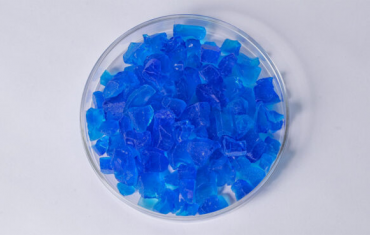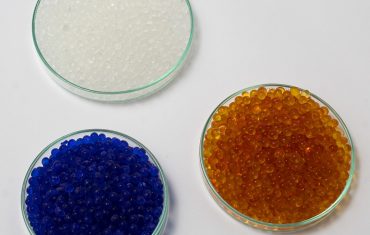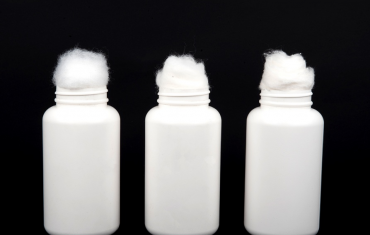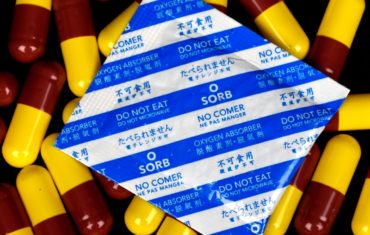A Guide to Molecular Sieves
Moisture and humidity can be some of the biggest obstacles in keeping products decay-free and fresh. Most industries buy desiccants in bulk to keep their products moisture-proof during manufacturing and shipment.
A molecular sieve is a small bead-like structure with pores to it. The volume and capacity of the pore play the most crucial role in deciding the size and the number of molecular sieves. If the pore size is small, you’ll need more sieves to absorb moisture. Molecular sieve desiccants come in different sizes; 3A, 4A and 5A.
What’s a Molecular Sieve Made Of?
Molecular sieves are made up of zeolites (aluminosilicates). Solutions of alumina and silica are heated with sodium hydroxide to produce zeolites synthetically. These are porous structures designed to act as a sieve through the mechanism of selective filtration. All absorption depends on the size of the pore. Larger pores will be able to trap larger molecules.
Molecular sieves serve many different purposes in industries. They are manufactured synthetically in bulk by desiccant manufacturing companies in India. To buy synthetic molecular sieves at the best prices, contact us at Sorbead India TM. We’re a registered brand in India. Our best quality products are USFDA approved. You might have to check the size of the molecular sieve that will suit your industry.
Uses of Molecular Sieves
Molecular sieves are used in many industries:
- They are used in the food industry to filter ammonia.
- They’re used extensively to dry gas streams in the gas and oil industry. The use of molecular sieves for aerosol purification is also common. In aerosol industries, molecular sieves are used to remove mercaptan. Mercaptans are pungent-smelling compounds not removed during distillation and require molecular sieves for removal.
- The chemical industry heavily relies on molecular sieves to remove water produced during reactions.
- In pharmaceutical companies, many different chemicals and compounds form products. When the products are formed, there’s often residue left behind. Molecular sieves absorb unwanted molecules and moisture within them. This improves the procurement and the quality of the final product.
Carbon Molecular Sieve
We discussed zeolites earlier. Carbon molecular sieves are birds of the same feather, except they are non-polar and work best to separate oxygen from nitrogen. They assist in the PSA (Pressure Swing Adsorption) mechanism. Without this process, you’ll not be able to separate species of gases during natural gas processing.
Different types of Carbon molecular sieves can have different absorption pressure. A change in pressure would alter solvent absorption results obtained from both. To know more about the recovery rate, yield and purity ratio of different CMS, visit our website to view the technical information chart. You can also contact our team of experts to know which molecular sieve type will suit your industry.
At Sorbead India, we manufacture adsorbents and desiccants widely used in almost all industries. Our desiccants find their best purpose when used with proper expert consultation. We deal in activated alumina, silica gel used for gravity chromatography and different types of molecular sieves. To order molecular sieves from us, call us at +91-757-768-8877.












